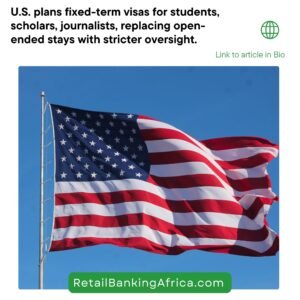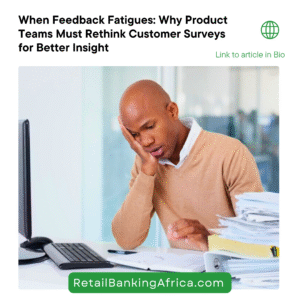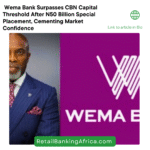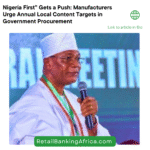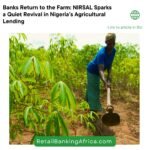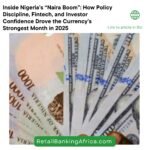A new World Bank Global Findex 2025 report reveals a startling insight into Nigeria’s evolving financial behavior: 59% of Nigerian adults borrowed money in 2024—one of the highest borrowing rates in low- and middle-income countries. The trend marks a significant shift in how Nigerians navigate economic survival, business growth, and household welfare in a year marked by inflationary pressures and persistent income gaps.
The report, based on a global survey of financial inclusion trends, suggests that this borrowing boom cuts across all social segments—from market traders seeking capital for their businesses to salaried workers bridging the gap between stagnant wages and rising living costs. In fact, Nigeria now leads Sub-Saharan Africa in adult borrowing, a region where the average borrowing rate stands at 43%.
However, the sources of credit vary widely. While 27% of borrowers relied on formal institutions like banks, microfinance banks, and credit unions, a larger portion—41%—turned to informal sources such as friends, family, local cooperatives, and unregulated lenders. Alarmingly, digital loan apps, often unlicensed and predatory, also accounted for a growing share of this borrowing activity, with usage doubling since 2022.
The spike in borrowing mirrors economic conditions in the country. With inflation hovering above 28% in 2024 and youth unemployment exceeding 35%, many Nigerians found themselves needing quick financial solutions to manage healthcare, education, food expenses, or launch micro-businesses. The World Bank noted that this pattern of borrowing, while indicative of financial activity, also signals growing financial vulnerability, especially when tied to high-interest informal loans.
What’s even more concerning is that only 33% of Nigerian adults reportedly saved money in 2024, underscoring a wide gap between debt uptake and wealth accumulation. This imbalance has serious implications for long-term financial health, retirement security, and national economic resilience.
As Nigeria continues to push for a cashless, inclusive financial system, these insights highlight the urgent need for responsible lending regulations, expansion of affordable credit, and robust financial literacy programs to prevent a debt trap.
The World Bank report is a timely reminder: while access to credit can empower, unchecked borrowing in a fragile economy can deepen inequality and stall progress.
